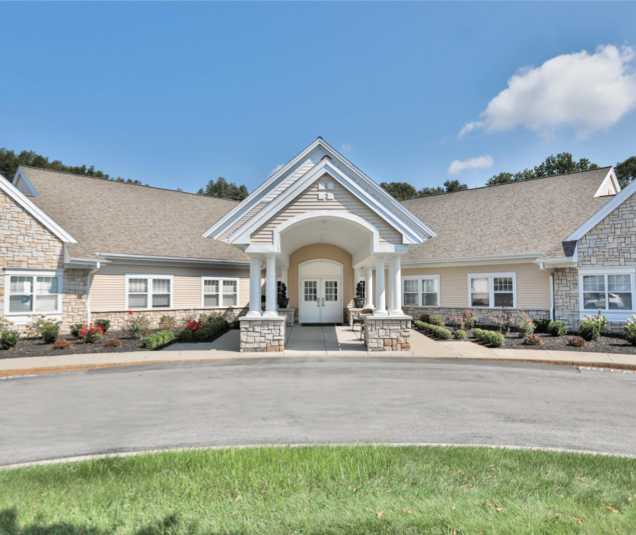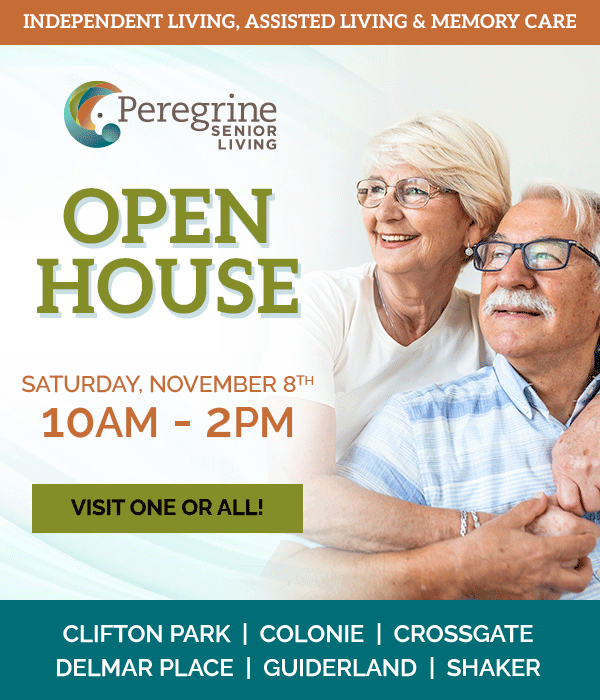Dementia is a subtle, problematic condition, and sometimes the symptoms can create unique new challenges. As it progresses, it can be difficult to know when it’s time to consider professional care. Fortunately, you have options—like the FAST scale—to better understand how your loved one’s condition is developing.
The FAST scale is a tool used to assess the functional abilities of individuals with dementia. This helps caregivers and medical professionals understand the level of support required. It’s a valuable resource in tracking dementia’s progression and making important care decisions.
What Is Dementia?
Dementia isn’t a specific condition. Instead, it’s a term used to describe serious cognitive conditions caused by underlying conditions. Dementia affects memory, thinking, social abilities, and more. Eventually, it leads to serious cognitive decline and the need for professional care.
There’s no one single cause of dementia. It’s a result of lifestyle, genetics, and environmental factors. While you can take steps to lower your risk of dementia, this complicated condition affects millions of people every year.
Dementia: The Common Symptoms
The symptoms of dementia can vary, but some are more common than others. This condition often causes:
- Memory loss, especially forgetting recent events or appointments.
- Confusion or disorientation in familiar places.
- Difficulty with communication, such as forgetting words or repeating questions.
- Changes in mood or behavior, including anxiety, depression, or aggression.
- Impaired judgment or decision-making, making unsafe choices.
- Memory loss, which disrupts daily life.
As dementia progresses, these tend to worsen. Without proper care, these can quickly affect your loved one’s safety and quality of life.
Dementia: The Common Types
There are several types of dementia. While they all affect the brain, they each develop as a result of different underlying causes. The common types include:
- Alzheimer’s disease, the most common cause of dementia, characterized by memory loss and confusion.
- Vascular dementia, which develops as a result of restricted blood flow to the brain.
- Lewy body dementia, marked by visual hallucinations, sleep disturbances, and physical symptoms similar to Parkinson’s disease.
- Frontotemporal dementia, affecting personality, behavior, and language.
All of these are progressive and worsen over time.
What Are the Stages of Dementia?
Dementia progresses through several stages. As it develops, it becomes more noticeable. While each person’s experience is unique, dementia can typically be broken down into 3 stages:
- Early stage: This involves mild memory loss, confusion, and difficulty with daily tasks.
- Middle stage: This leads to a decline in memory, personality changes, and the need for more help with daily activities.
- Late stage: This involves severe memory loss, inability to communicate, and full dependence on caregivers.
Depending on the stage, a person’s needs change. While a person in the earliest stages of dementia may not show many obvious signs, this changes in later stages. A person with middle-to-late-stage dementia often needs professional memory care to preserve quality of life.
What Is the FAST Scale?
The FAST scale (Functional Assessment Staging Tool) is a valuable tool when dementia is involved. It’s used by healthcare professionals to assess a person’s functional abilities.
This scale is divided into seven stages, from Stage 1 (no cognitive decline) to Stage 7 (severe dementia). The scale helps caregivers understand the degree of support required and track changes over time.
Stages of the FAST Scale for Dementia
The stages are:
- Stage 1: No impairment
- Stage 2: Mild cognitive decline, such as forgetting names or where things are placed
- Stage 3: Early-stage dementia, with noticeable memory problems, especially with recent events
- Stage 4: Moderate cognitive decline, requiring some assistance with daily activities
- Stage 5: Severe cognitive decline, needing major assistance with daily living tasks
- Stage 6: Very severe decline, with the person requiring full assistance and supervision
- Stage 7: Severe impairment, with a lack of speech and the need for total care
This lets caregivers and families determine exactly how to help someone living with dementia.

How to Tell When Someone with Dementia Needs Professional Care
The FAST scale may seem simple, but it gives you valuable information about your loved one’s needs. It gives you the chance to realize when your loved one needs more care than they’re getting. If their abilities are no longer enough to care for themselves, it’s time to think about trying something a little more comprehensive.
This is when memory care stands out. It’s a safe, supportive lifestyle offered by special senior living communities. If your loved one needs support with hygiene, eating, or staying safe in their daily life, memory care is an excellent option.
Signs a Person with Dementia Should Move to Memory Care
In the early stages, you may be able to safely care for your loved one at home. However, dementia is progressive, and this may not be ideal if their condition worsens.
Pay attention to these signs:
- Decline in physical health, such as weight loss or difficulty swallowing
- Increased confusion, including forgetting basic tasks like dressing or eating
- Behavioral changes, such as aggression, agitation, or paranoia
- Inability to perform daily activities, including managing medications or personal care
- Caregiver burnout, when it becomes overwhelming to provide care at home
If these become a daily problem, it’s likely time for a move to memory care.
How Our Team Can Help a Loved One with Dementia
At Peregrine Senior Living of Clifton Park, we understand how difficult it can be to care for a loved one with dementia. That’s why we go above and beyond every day to help residents in our community. When dementia is a factor, our team can step in and give your family the relief and peace of mind you deserve. Schedule a tour with our team today, and let us help your loved one in a way that makes a difference.











Want to stay connected with what’s happening across our community?
Follow us on Instagram for updates, moments we love, and stories worth sharing.
Come join the community by following us via the link below ⬇️
www.instagram.com/peregrine_cliftonpark/ ... See MoreSee Less
0 CommentsComment on Facebook
Morning love songs with Laura Collin’s🎶 ... See MoreSee Less
2 CommentsComment on Facebook
Superbowl 2026🏈 ... See MoreSee Less
1 CommentsComment on Facebook
Brushing up on our football knowlege with Jeopardy before the big game! 🏈 ... See MoreSee Less
0 CommentsComment on Facebook
With the chilly weather lately, we have been really in to our baking! 🧑🏼🍳🍰 ... See MoreSee Less
0 CommentsComment on Facebook
This month, we celebrate the incredible achievements, resilience, and cultural richness of Black Americans who have shaped our history and continue to inspire our future.
We believe in honoring every story and embracing the diverse experiences that strengthen our community. May this month remind us all to listen, learn, and uplift—today and always.
peregrinecliftonpark.com/ ... See MoreSee Less
0 CommentsComment on Facebook
Some friendly volleyball competition⛱️☀️ ... See MoreSee Less
5 CommentsComment on Facebook